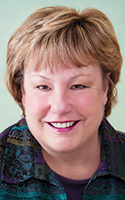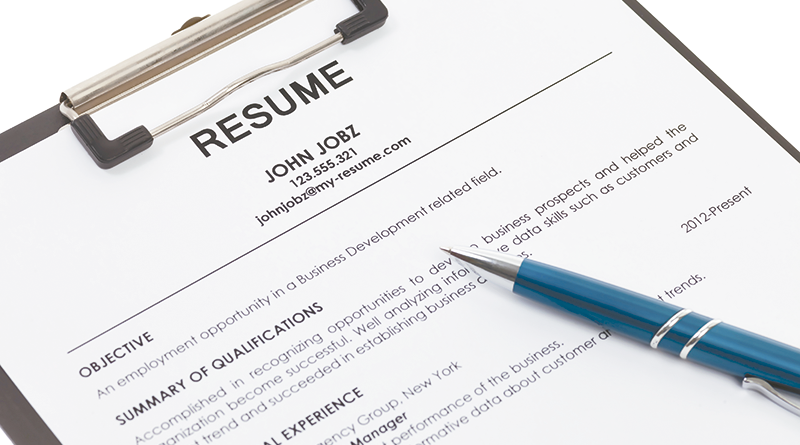Resumes: Not What They Used to Be
Experts suggest new ways for job seekers to present their experience
By Deborah Jeanne Sergeant

If you’re re-entering the workforce, shifting careers or otherwise transitioning between jobs, you’ll probably need a resume.
If you have not needed a resume for several years, the changes in how they are written may surprise you. They’re no longer merely a list of your jobs, duties and degrees.
“Generally speaking, I think the focus of the resume should be on their accomplishments, how well they did something as opposed to what they’ve done,” said Michael Willis, principal at Michael J. Willis & Associates in Syracuse.
The firm offers personal and career coaching and human resources consulting. Willis earned a bachelor’s in business administration / marketing, master’s in vocational rehabilitation counseling, doctorate in adult studies and numerous other professional credentials.
He said that formatting can help make a resume more approachable. At any age, it’s important to highlight what you bring to the company that relates to the position you seek.
Willis isn’t a fan of the “Objective” line. “Your objective is to get a job,” he said. “Some organizations are looking for good people and may want to put you in a different slot.”
If you really must use an objective line, state the top skills you have that you want to use, not the job title you crave.
Just as with writing fiction, show, don’t tell. Show the results you have achieved; don’t tell about them. Measurable results impress potential employers more than a laundry list of the job titles you have held.
“Any time you can quantify something, that’s better,” Willis said. “If you improved something by 20 percent, that’s better than just ‘responsible for cash flow’ on the resume.”
Paula Behm, owns Careers by Design in Syracuse and coaches adults in career transition. She earned her bachelor’s in human resource management with a focus in adult training , and a master’s degree in professional education.
Like Willis, she thinks resumes should highlight accomplishments pertinent to the job and leave off everything else.
“For those who want to shift careers, keep it to a one-page resume that’s more skills-based than, ‘This is what I did throughout my life,’” she said. “A career summary, list of skill sets and knowledge, and a brief, 15-year overview of employment related to their future.”
If you engage in hobbies that relate to the position you seek, especially if you can’t show you used these skills at a job, mention them. But never mention personal information that doesn’t relate to the job.
For example, if you want a position as a manager and you have led a community fundraising event for 20 years, the leadership you exhibited in the community lends more weight to your resume, especially if you have not otherwise held leadership roles at work.
“People put too much stock in their resume,” Behm said. “A 55-plus person has a wide network of people they know among friends, family and people they know who come to them for advice. The resume becomes a ‘by the way,’ not the door opener.”
If the whole process seems overwhelming, consider seeking help from workshops or by hiring a professional resume writer. Third-party objectivity can help you see your resume with fresh eyes.

